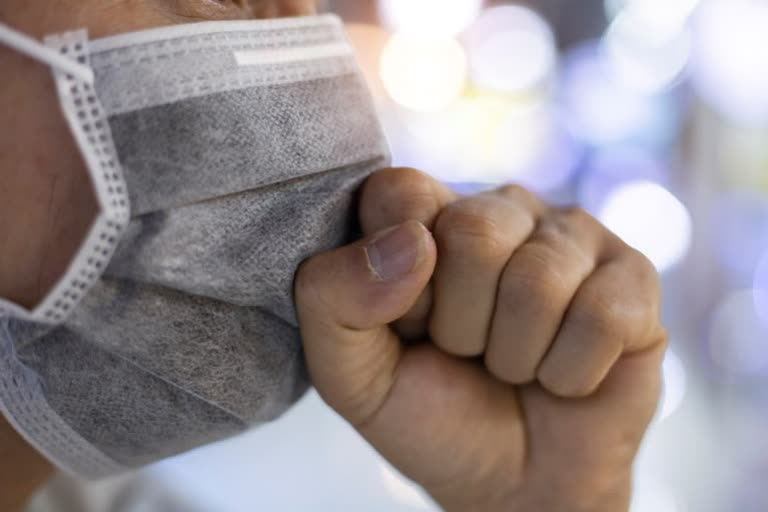New Delhi: The Union Ministry of Health and Family Welfare (MoHFW) on Friday informed a Parliamentary panel that air pollution in Delhi and NCR may lead to faster spread of the COVID-19 infection.
An official from MoHFW said that high pollution may cause coughing and sneezing which will ultimately lead to further spread of COVID-19 infections.
While giving a presentation on the present status of COVID-19 before the Parliamentary panel, officials said that due to pollution and cold weather, the virus may transport over maximum distance and survive longer.
Shocked over the increasing air pollution and spike in COVID cases, the Parliamentary standing committee on Urban Affairs led by BJP MP Jagadambika Paul took notes from the officials of Ministry of Housing and Urban Affairs, Environment, Forest and Climate Change, Health and Family Welfare, Central Pollution Control Board, and representatives from the state governments of Delhi, Haryana, Uttar Pradesh, and Punjab on the steps taken for prevention of air pollution in Delhi and NCR with special emphasis on finding a permanent solution.
The Health Ministry officials said that there is an average loss of 1.7 years of life expectancy in India due to air pollution.
The officials said that there is 1.7 times higher risk of respiratory ailments and prevalence of breathing problems in Delhi. "Due to pollution 10,000 to 30,000 deaths also take place in Delhi and NCR annually," the official said.
Read: Delhi's air quality improves marginally as wind speed picks up
Officials from the environment ministry in their presentation highlighted the air quality of Delhi during four years between 2016 and 2019.
"On maximum days, air quality was very poor. And the quality of air was severe for 78 days during the given period," officials from the environment ministry said.
Speaking to ETV Bharat on the issue, senior health expert and Secretary General of the Indian Medical Association (IMA) Dr RV Asokan told ETV Bharat that the situation is really worrisome.
"We are very much concerned. The first wave (Covid-19) has been over in many states and the third wave in Delhi is starting. And this has compounded by cold atmosphere as well as pollution... Whatever is man-made can be stopped, and whatever is due to the biological factors of Covid, we need to take public health measures," said Dr Asokan.
He suggested that emergency measures be taken to control air pollution, especially during the festival season.
"Apart from steps like banning firecrackers, and stubble burning in the hinterland of Delhi, the government must take further measures," Dr Asokan said.



